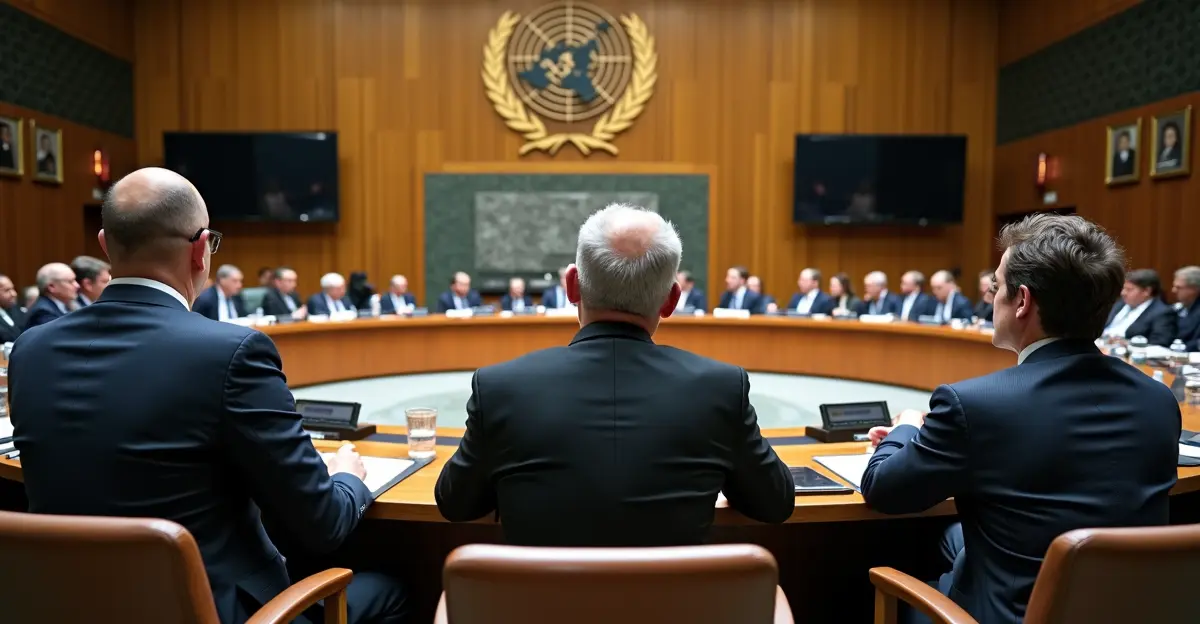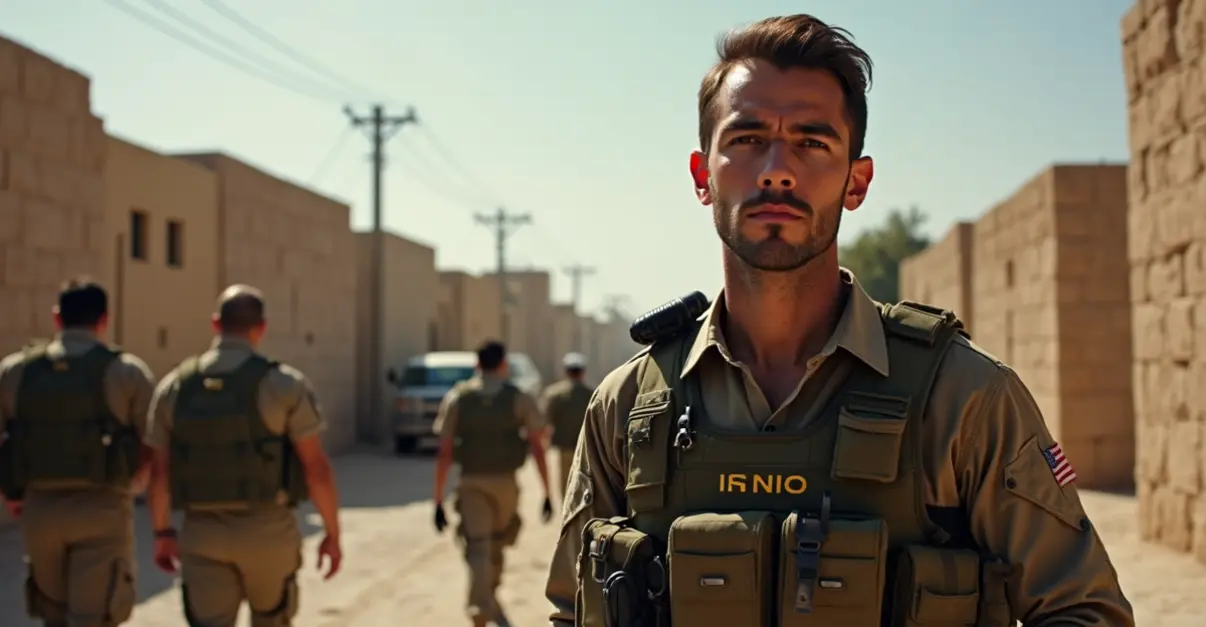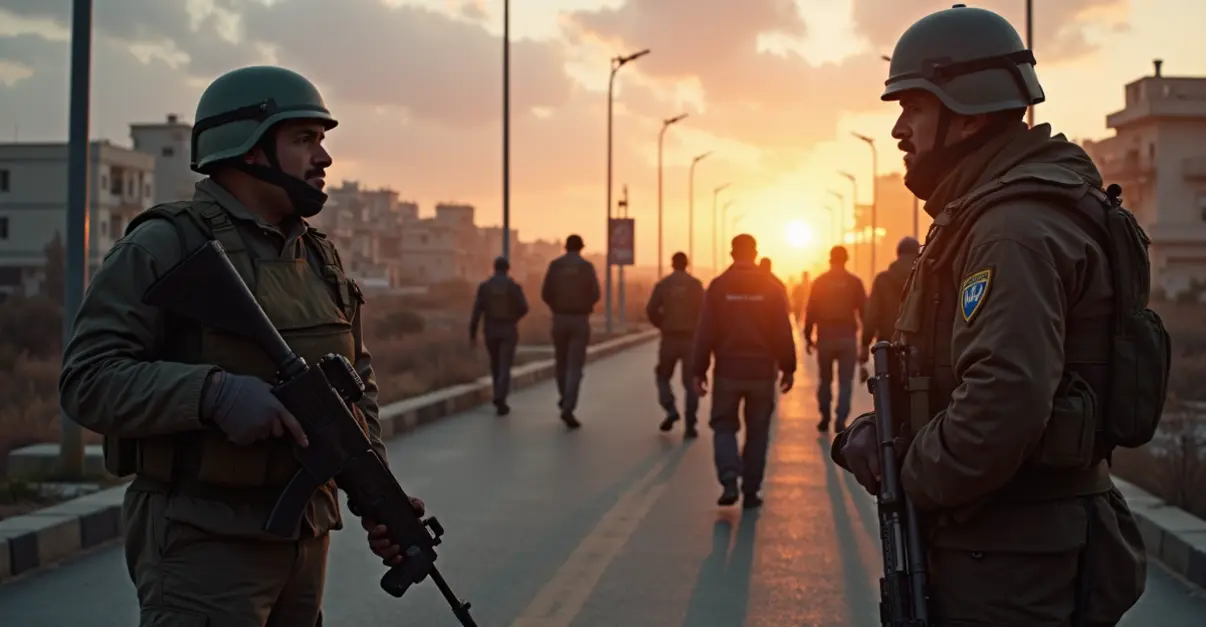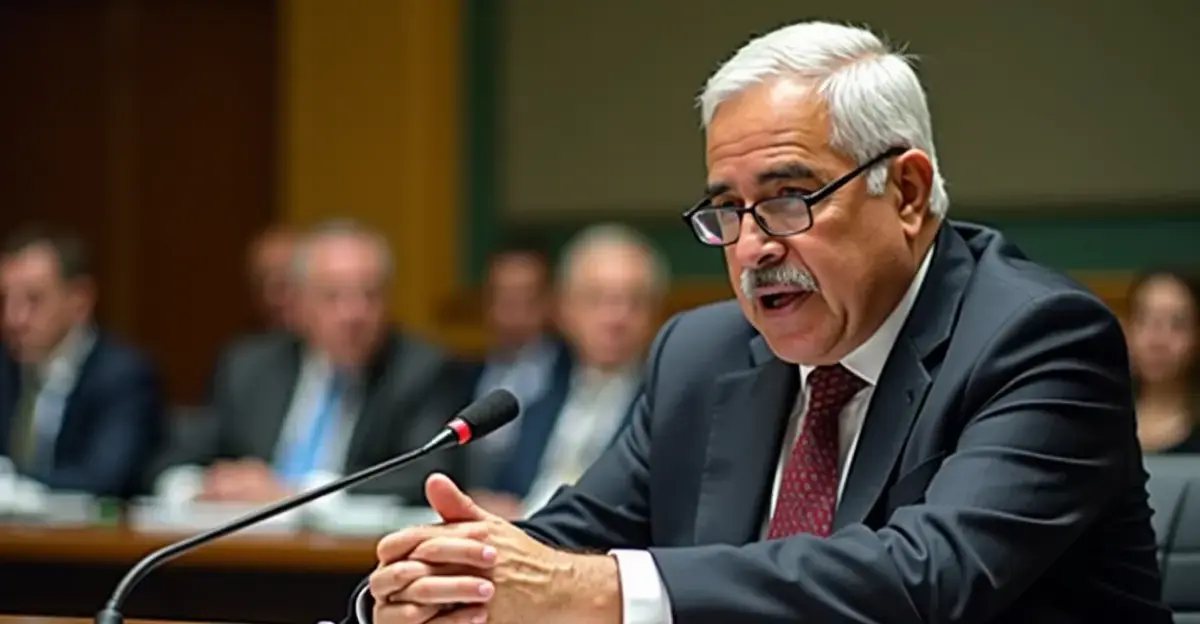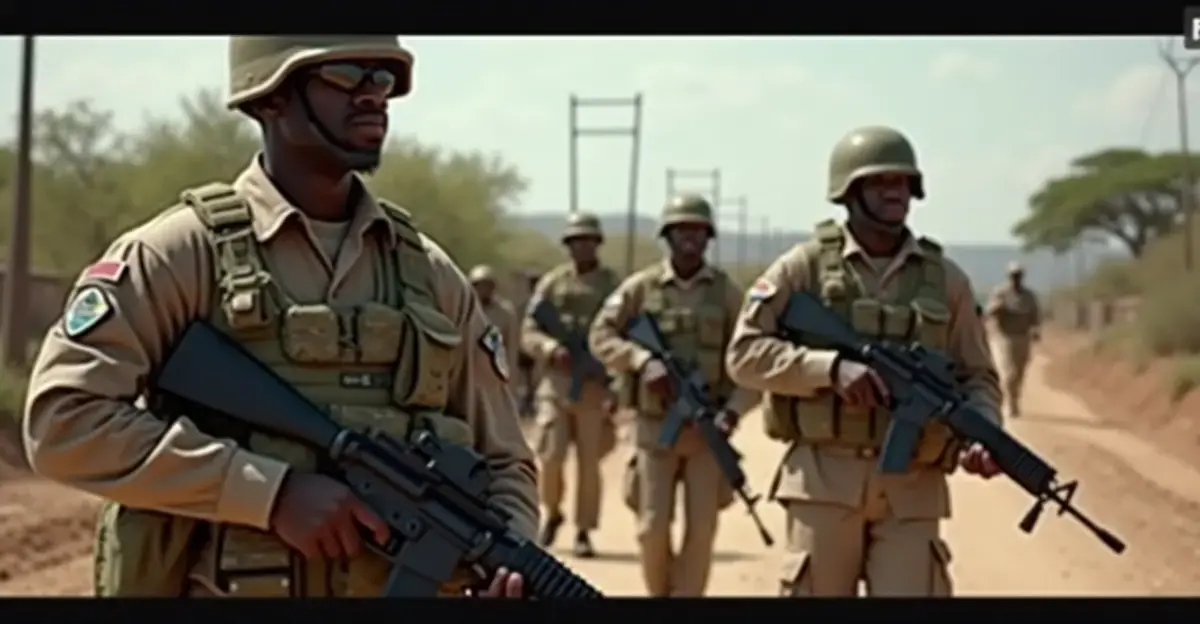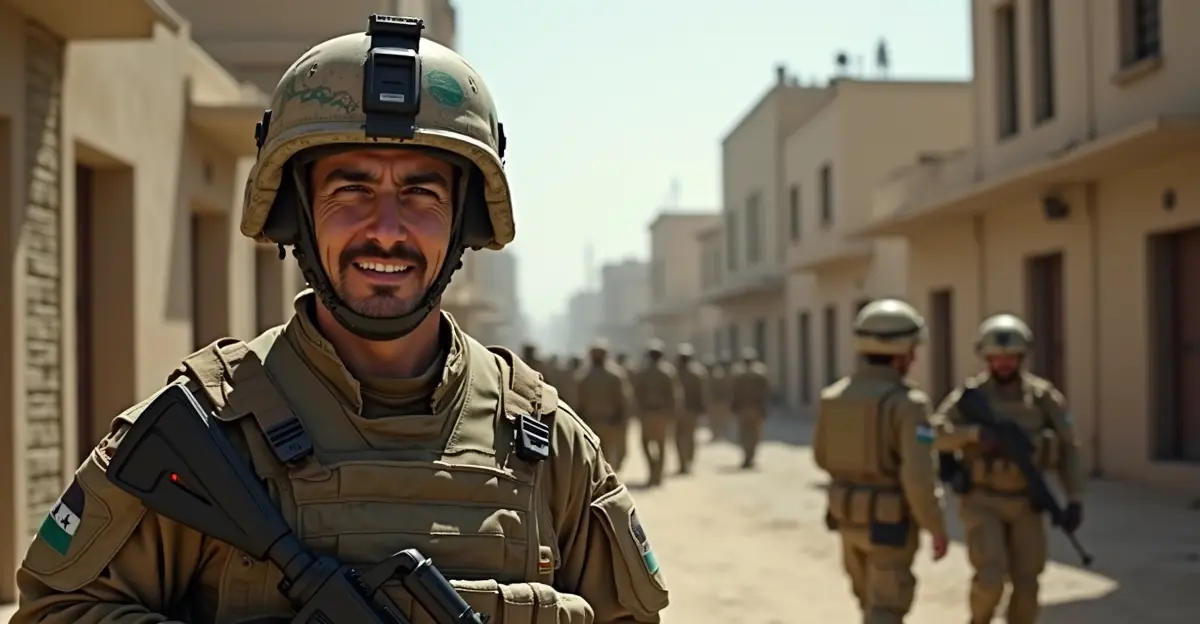Morocco celebrates 50th anniversary of Green March as UN Security Council adopts resolution recognizing Moroccan autonomy plan for Western Sahara, marking diplomatic shift from referendum focus to compromise-based solution.
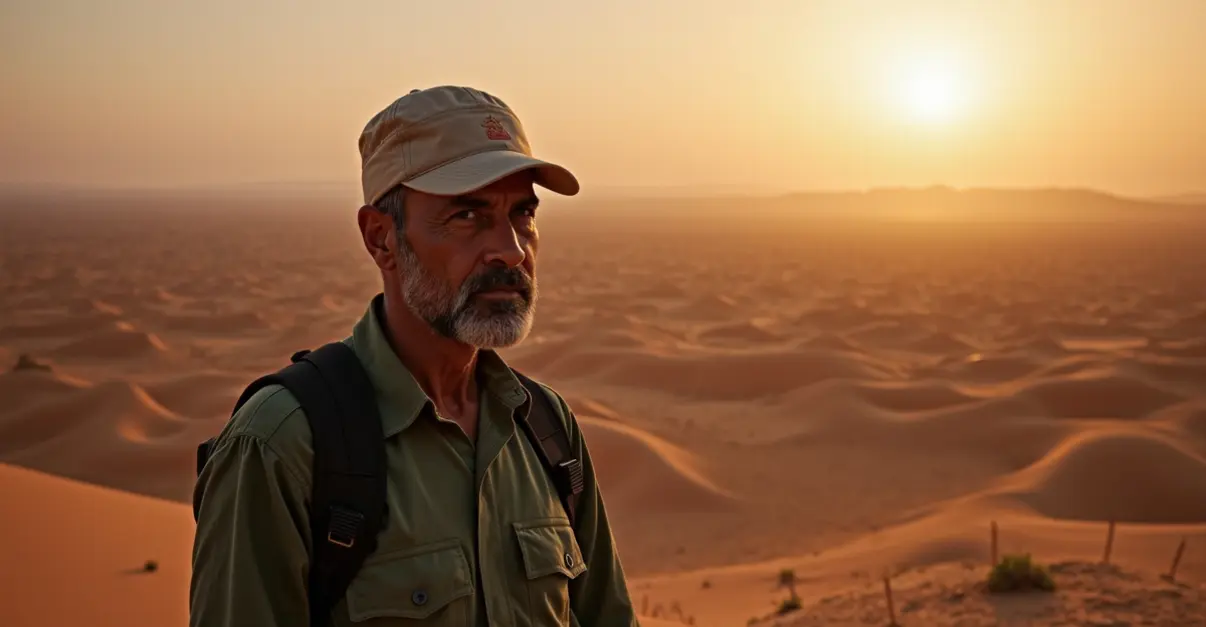
Historic Green March Anniversary Celebrated in Western Sahara
Morocco has celebrated the 50th anniversary of the historic Green March with unprecedented enthusiasm in Laayoune, the capital of Western Sahara. The streets were packed with people dressed in their finest traditional clothing, marking a pivotal moment in the decades-long territorial dispute. 'This celebration represents our commitment to our territorial integrity,' said local resident Fatima Benali, 'and the recent UN developments give us hope for lasting peace.'
The 1975 Green March and Its Legacy
Fifty years ago, approximately 350,000 Moroccans marched into the territory internationally known as Western Sahara, aiming to end Spanish colonial occupation. The event, organized by then-King Hassan II, was intended to liberate the Sahrawi population and reclaim territory that Morocco considers historically part of its kingdom. However, not all Sahrawis viewed this as liberation. The Polisario Front, a liberation movement seeking independence, saw Morocco as simply replacing Spain as the occupying power, leading to a conflict that continues to this day.
UN Security Council Breakthrough
The anniversary celebrations gained additional significance following a major diplomatic victory for Morocco at the United Nations Security Council. On October 31, 2025, the Security Council adopted Resolution 2797, which for the first time explicitly recognized Morocco's 2007 autonomy plan as the basis for negotiations. The resolution passed with 11 votes in favor, no votes against, and three abstentions from China, Pakistan, and Russia.
'This represents a fundamental shift in the international approach to the Western Sahara conflict,' explained geopolitical analyst Adlène Mohammedi. 'After decades of focusing on a referendum for self-determination, the UN is now prioritizing a compromise-based solution.'
Economic Opportunities and Local Perspectives
Young entrepreneurs in Laayoune see the diplomatic developments as creating new economic opportunities. Mohammed El Moutaouakil, a 28-year-old Sahrawi businessman, told reporters: 'Since the recognition by the US and France, we've seen increased business presence and investment projects from these countries. This creates jobs and development for our region.'
His business partner, Saadani Al Ansari, added: 'I see a great future for cities like Laayoune and Dakhla. There's now continuity for both foreign and Moroccan businesses, which will create more employment opportunities within the region.'
Ongoing Challenges and Refugee Situation
Despite the optimistic outlook, significant challenges remain. Approximately 170,000 Sahrawi refugees continue to live in camps near Tindouf, Algeria, many of them descendants of those who fled the conflict in the 1970s. Recent protests in these camps have demonstrated strong opposition to the UN's new approach.
The Polisario Front has condemned the Security Council resolution as 'a dangerous deviation from international law' and organized massive demonstrations in the refugee camps. Protesters rejected being part of an autonomous region within Morocco, calling instead for self-determination and independence.
International Support and Regional Implications
The diplomatic shift follows years of Morocco's efforts to gain international backing for its autonomy plan. Since 2020, when then-US President Donald Trump recognized Moroccan sovereignty over Western Sahara, several key nations including Spain, the United Kingdom, and France have expressed support for the autonomy proposal.
The resolution also calls for Algeria's formal involvement in the political process, marking a significant development in regional diplomacy. King Mohammed VI has extended an olive branch to Algeria, emphasizing that regional prosperity depends on overcoming old grievances.
As celebrations continue in Laayoune, the international community watches closely to see how this diplomatic breakthrough will translate into lasting peace and development for the people of Western Sahara.

 Nederlands
Nederlands
 English
English
 Deutsch
Deutsch
 Français
Français
 Español
Español
 Português
Português




